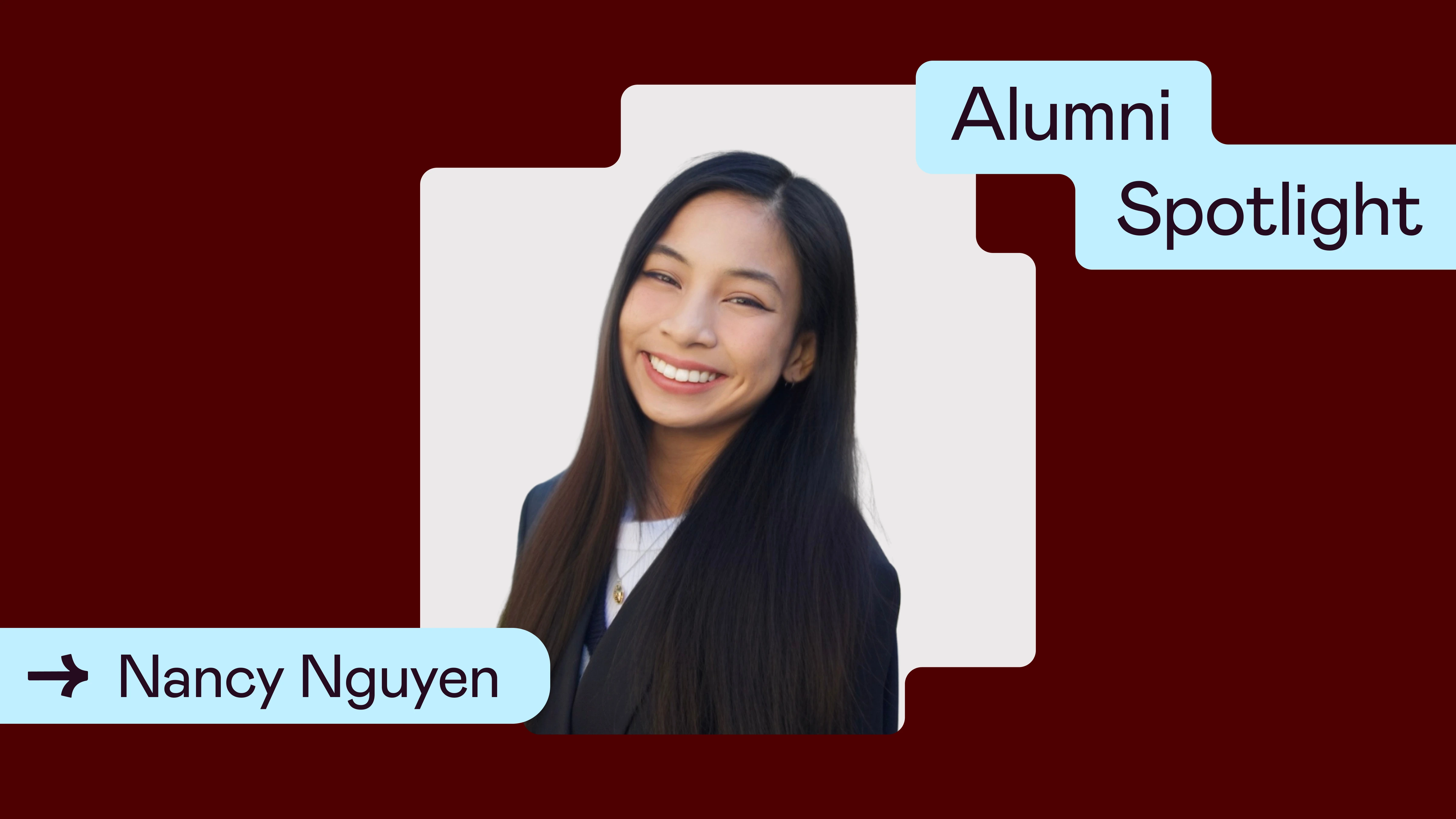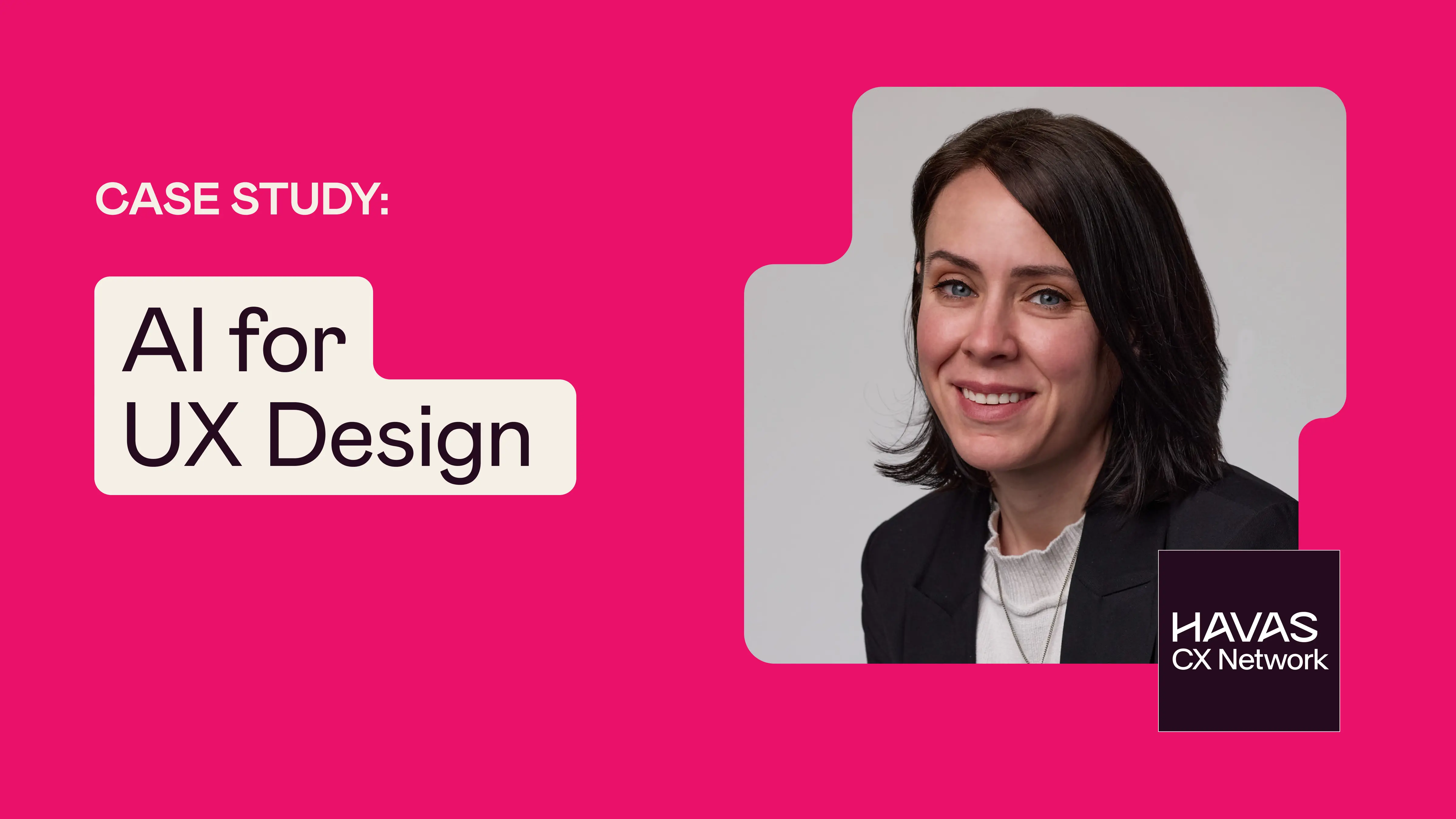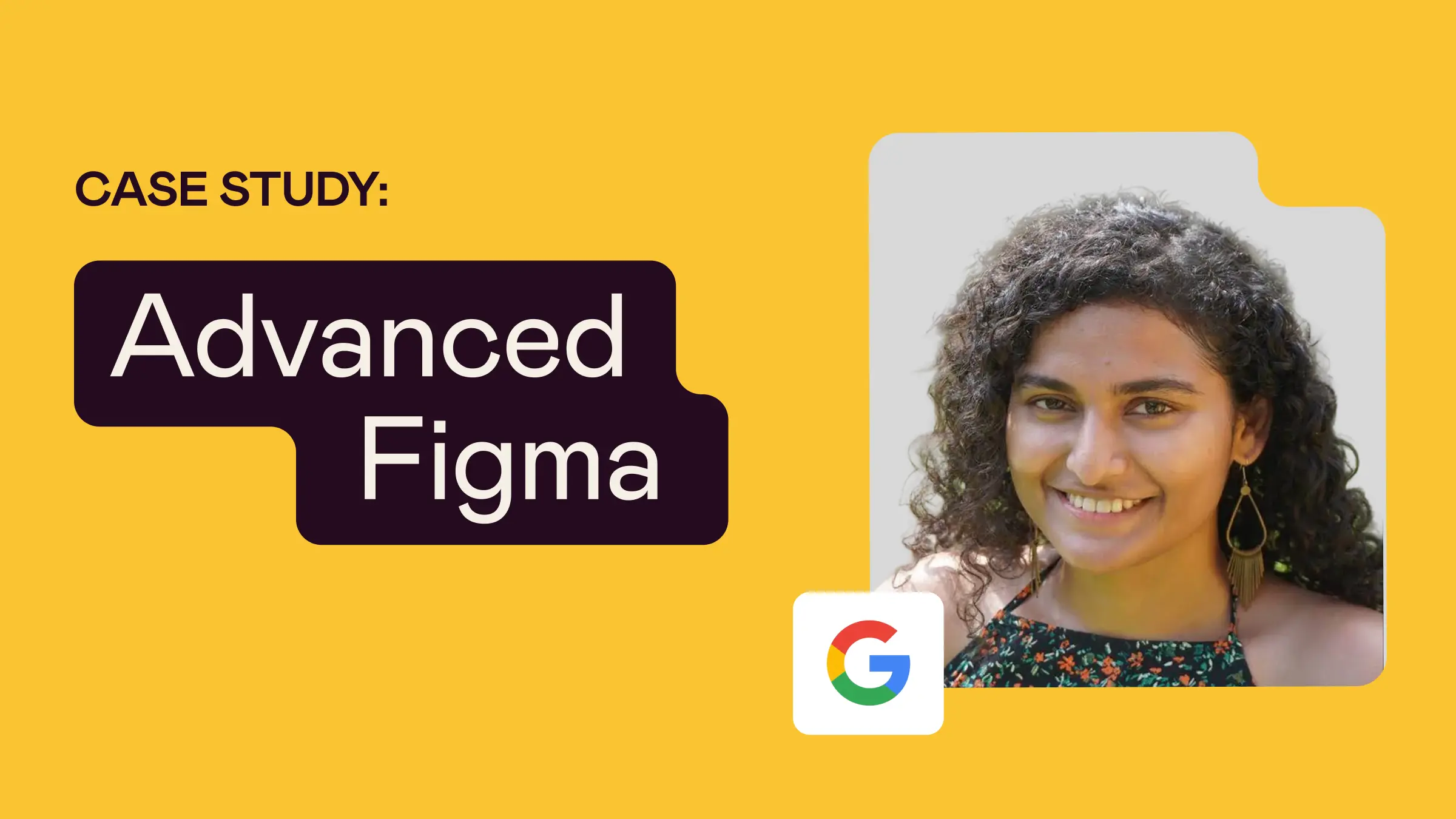After a decade as a writer in the entertainment industry, Logan Kinsey sought a career change that would still fuel her creativity. She discovered UX design and was drawn to its unique mix of research and creative problem-solving. Through UX Academy, she built the skills and confidence she needed with the help of mentorship, career coaching, and a supportive community. Now a UX Researcher II at United Wholesale Mortgage, she’s shaping user experiences through research-driven design. We spoke with her about her transition into UX, the impact of mentorship, and how staying open throughout the learning process helped her land a role she loves.
What was your motivation for pursuing a UX/UI career change?
I started off as a writer in the entertainment industry, and I did that for about 10 years. I felt like I was very stuck, and I wanted to be able to get out of the entertainment industry but also do something creative. I've always loved research—that was a big part of my job as a writer as well—and finding UX was such an amazing thing for me because it allowed me to stay creative while also including the research component, which was really exciting to me.

How was your experience during UX Academy?
I started with UX Academy Foundations, and I was really just dipping my toe in, because I didn’t know much about UX in general at that point, since I was coming in with no background or previous experience. It was exciting because it was something new, but when I got into UX Academy is when I found that I was really able to meld my passion with the non-design elements, like the research, with my creativity.
Also, my mentor Darold Davis was amazing. I worked with him through both UX Academy Foundations and UX Academy, and he was great.
It’s great to hear you had a positive experience with your mentor! Can you share a bit more about that?
I was so nervous going into UX Academy Foundations, because I had no background at all—i didn’t really even know what UX Design was until I was looking into making a career change. But Darold from the beginning made me feel very comfortable.
[My mentor] made me feel like I could do it… he made me feel prepared and helped me gain confidence in my technical skills.
He made me feel like I could do it. He was also very receptive to the type of feedback I wanted. I wanted him to push me, which he did, and the feedback he gave was always very insightful. If I struggled with something, he always took the time to break it down and explain it, the communication was very open, and he was very generous with his time. He made me feel very prepared and helped me gain confidence in my technical skills.
.png)
How about Group Crits, how did you find that aspect of the learning?
I really loved the group critiques. I wish that I could have gone to more of them! They were something I looked forward to, because I was able to get a lot of feedback that was quite helpful. It's so good to have other people's eyes on your work—people pointed out things that I didn’t see in my own designs, and it’s also really important because critique is something you’re going to be doing in the real world when you get a job.
It’s a great opportunity to get used to being able to take criticism, and not take it personally either. That was a take away for me as well—you just have to remember that the critiques are going to make your designs better.
What was your experience like after graduating and moving to Career Services?
My career coach, Jessica Campbell, was great. I spent a lot of time continuing to work on my portfolio with her, and we worked on case study presentations as well, which was really helpful because I needed to learn that skill for my interview process. The interviews that I went through were quite long—for one, I ended up having to present three of my case studies—but I ended up getting two offers at the same time.
Jessica helped a lot with my presentations for those interviews. Some of the feedback I got from the interview process was that my presentation was very concise and visual, whereas a lot of other candidates had just gone through their slides and read off of them. That’s a big thing Jessica helped me with, getting away from that format, and both of the companies I received an offer from responded very positively to that.
.png)
Tell me about the role that you accepted, what are you doing now?
My title is UX Researcher II, and I work at a company called United Wholesale Mortgage. It’s a huge company, with over 10,000 employees and a huge UX team. They didn’t have a research team, and realized they needed one because they were either doing the research on their own, or just not at all. So I’m one of five new researchers here, and it’s been really great!
I’m really grateful for Designlab overall—UX can be a technical job, and you’ll use everything in the curriculum when you land a role. I wouldn’t be where I am without the education I received.
There’s a bit of a learning curve, but overall, I’m learning a lot, and I only just got started recently and I’ve already been involved in a couple projects. I also just got put on a big project that’s going to be a year long focused on AI. I’ve never done anything like that, and I’m really excited for it! The designers here are very receptive when it comes to working with us researchers when we tell them what’s needed, and it’s great to have control over my own research methods and be confident in what I’m doing in my role.
What advice would you share with folks who might be considering making a switch into UX?
That’s a good question! I think I would just say, be patient. When I started UX Academy Foundations, I actually wasn’t as passionate about UI, and so wasn’t sure if this career would be the right fit. But when I got into UX Academy, it was so exciting to see how much more there was to UX Design. So I’d say just be patient and learn the entire process, because you might find something you’re really passionate about.
I’m really grateful for Designlab overall—UX can be a technical job, and you’ll use everything in the curriculum when you land a role. I wouldn’t be where I am without the education I received.
Check out some more student stories below:
How Mara Shifted Gears from Graphic Design into UX



.svg)
%20(3).png)













